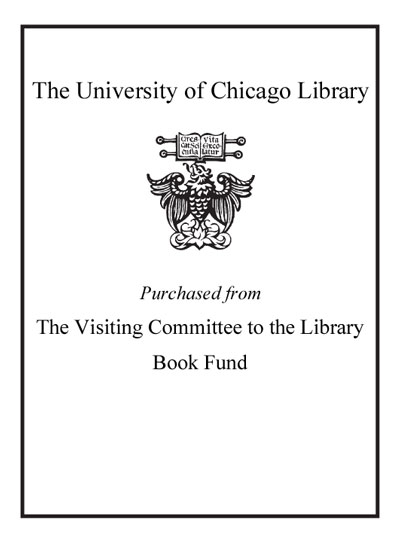Review by Choice Review
Bozoki (Central European Univ., Budapest) and Ishiyama (Truman State Univ.) have produced a volume with many contributors that combines analysis of the existing literature on communist successor parties with an attempt to forge a useful new framework of theory to explain these parties' adaptation to the post-Cold War domestic and international environment. The book is divided into three sections. Part 1 provides an introductory theoretical perspective. Part 2 deals with particular parties and is written by prominent specialists on the parties. Part 3 is devoted to theoretical conclusions. Well-founded generalizations explain a great deal of the variation in parties' adaptation; however, much of the variation can be explained only by reference to crucial variables that differ greatly from country to country. Although most of the authors treat political culture of the communist era as important, only Jeffrey Murer seriously considers the effects of precommunist political culture. Perhaps the most impressive essay is that by Daniel Ziblatt and Nick Biziouras, who argue persuasively that availability of resources is the most important variable determining adaptation strategies of the successor parties. Excellent bibliography. ^BSumming Up: Highly recommended. Upper-division undergraduates and above. R. J. Mitchell emeritus, University of New Orleans
Copyright American Library Association, used with permission.
Review by Choice Review


